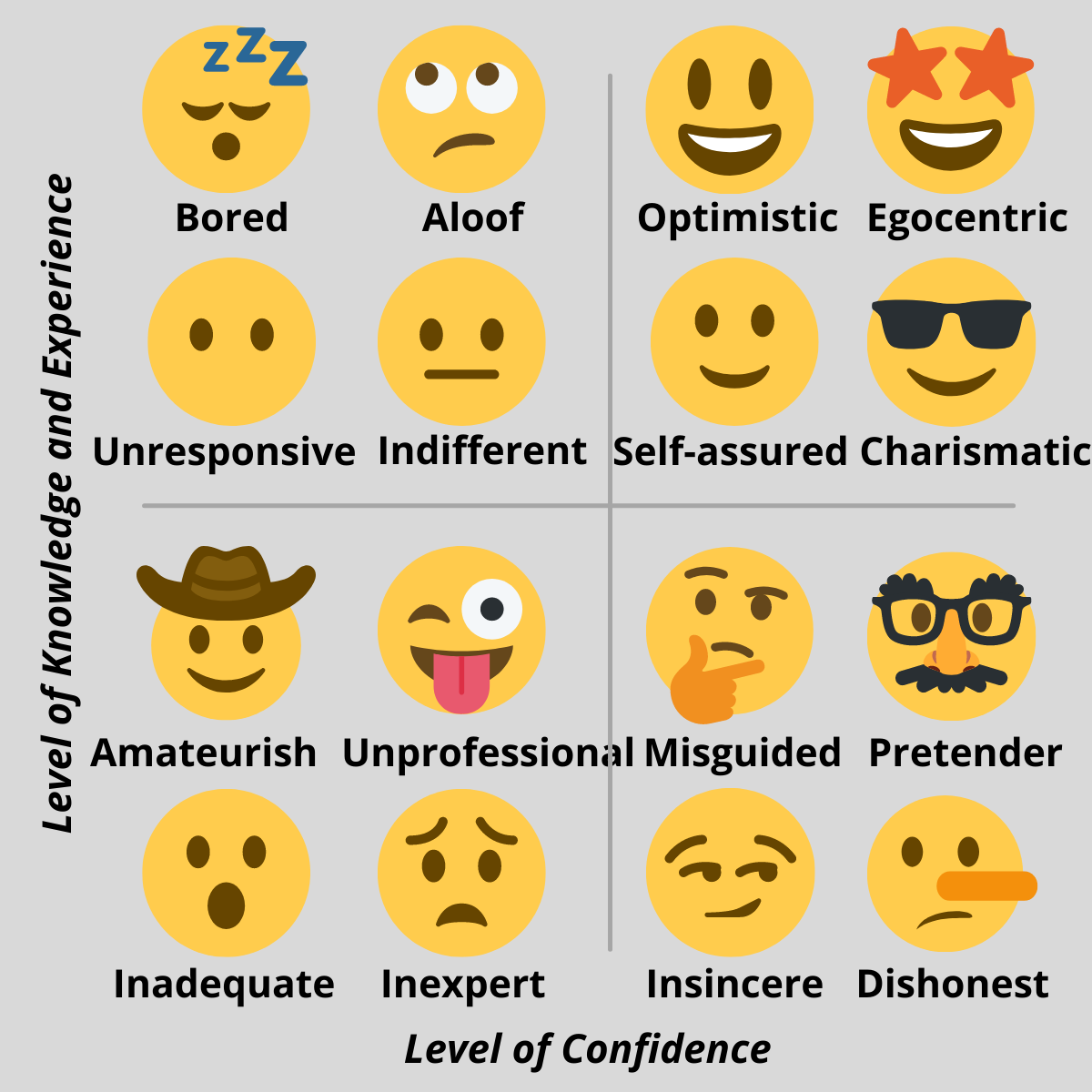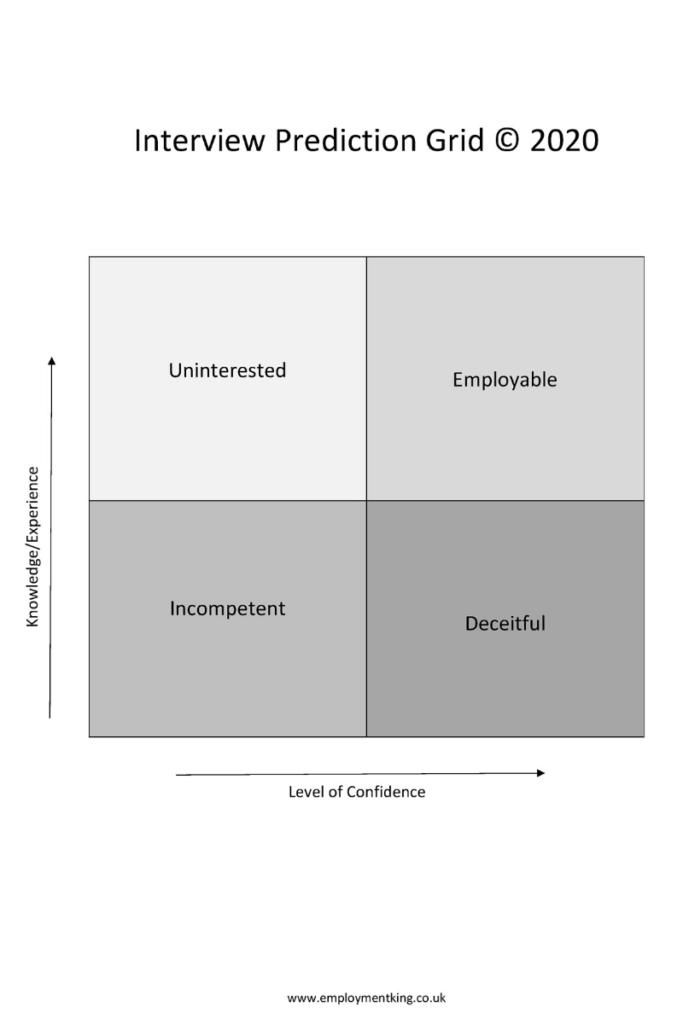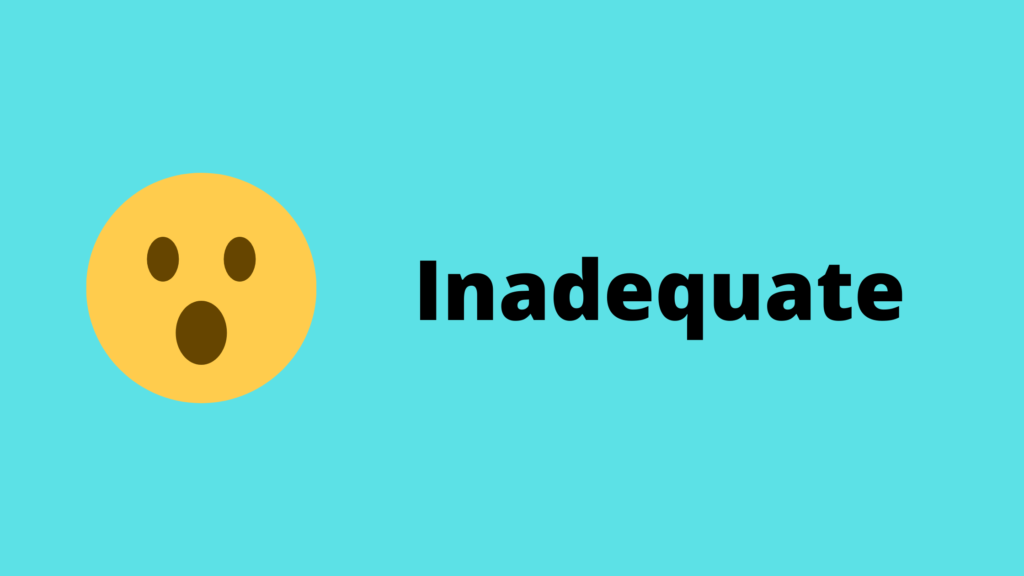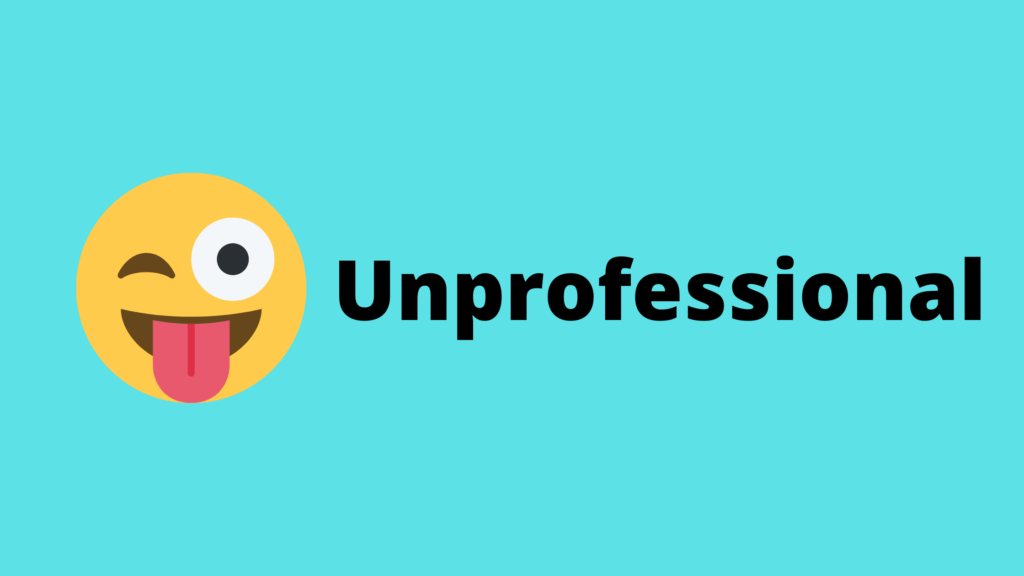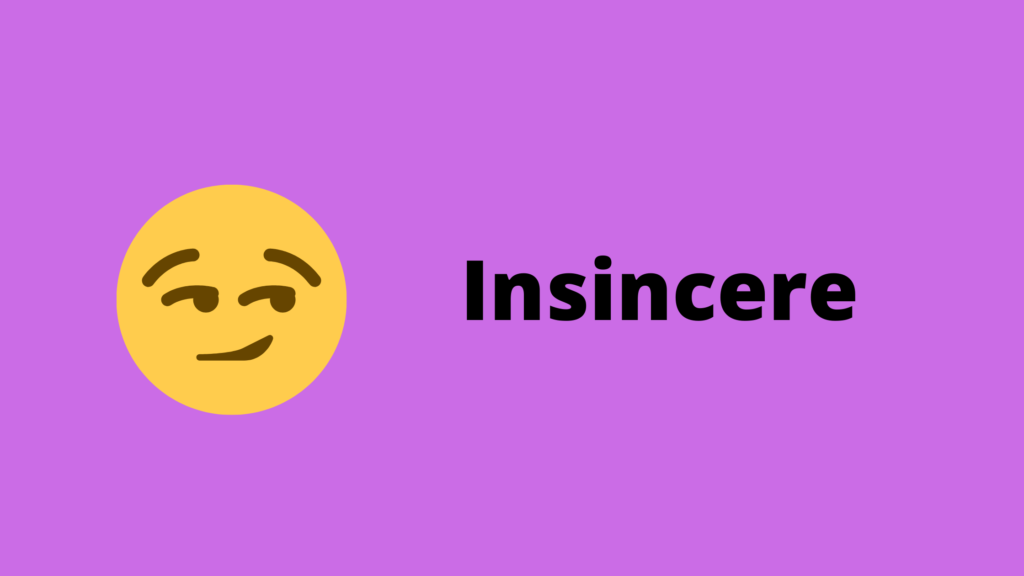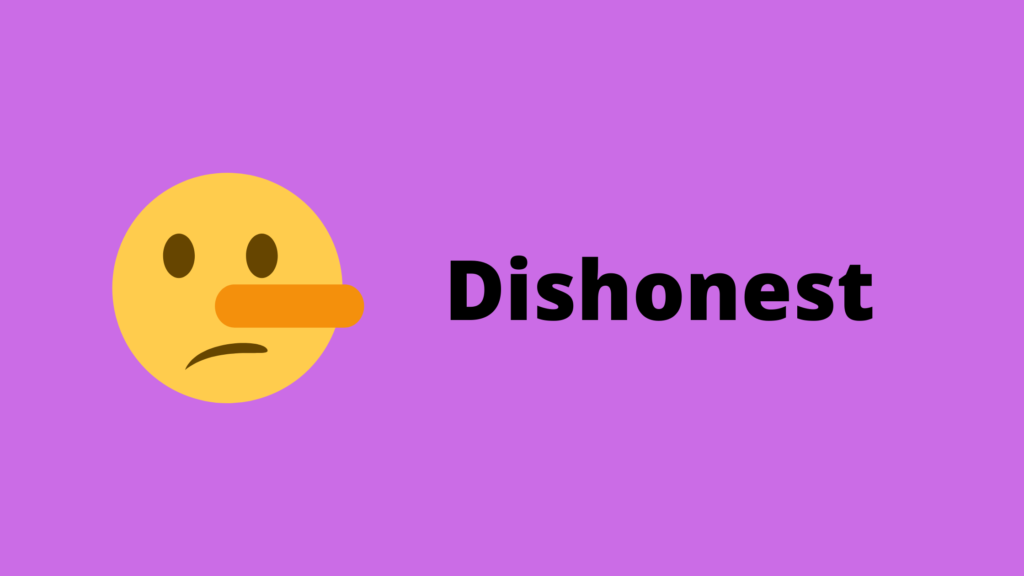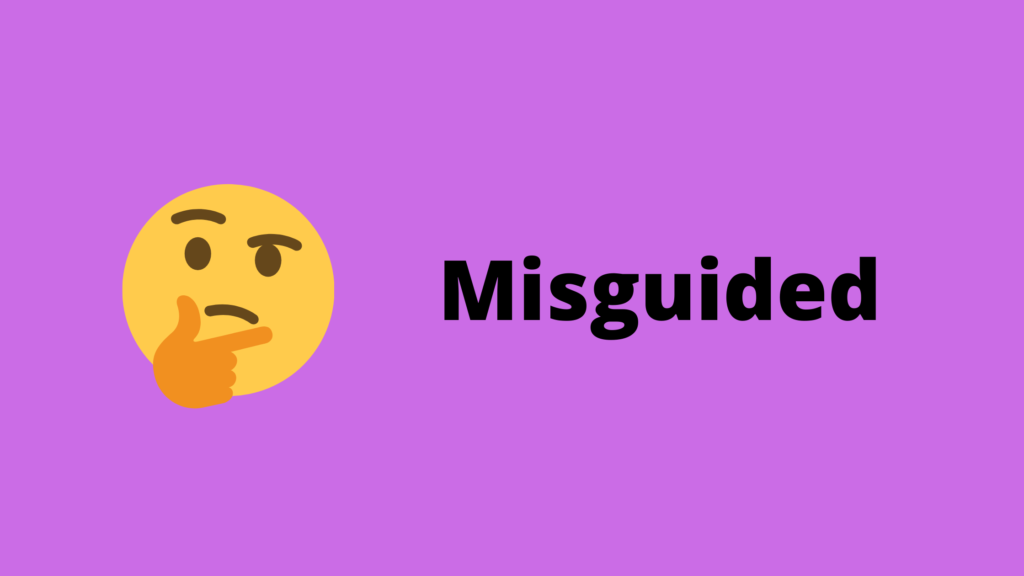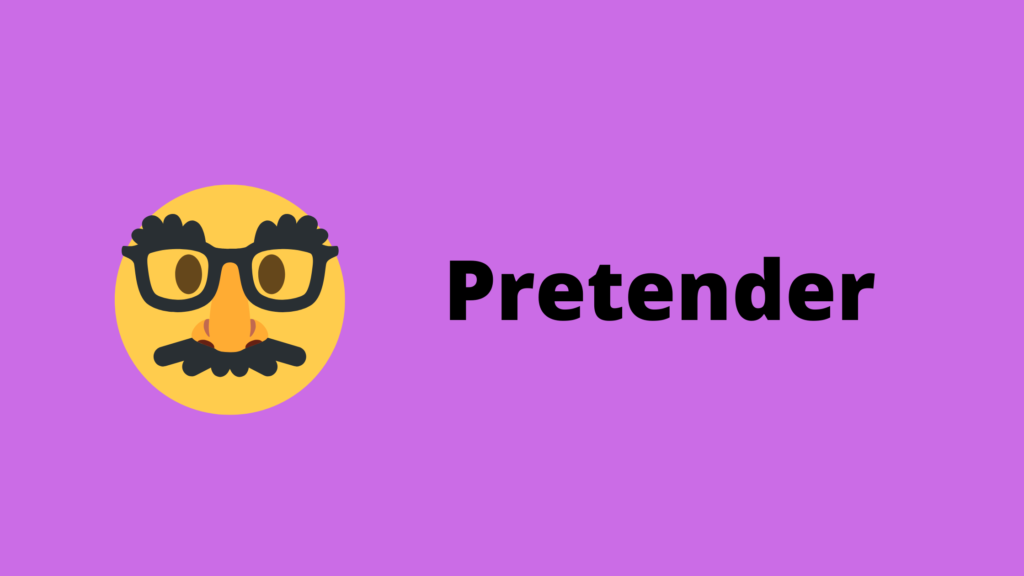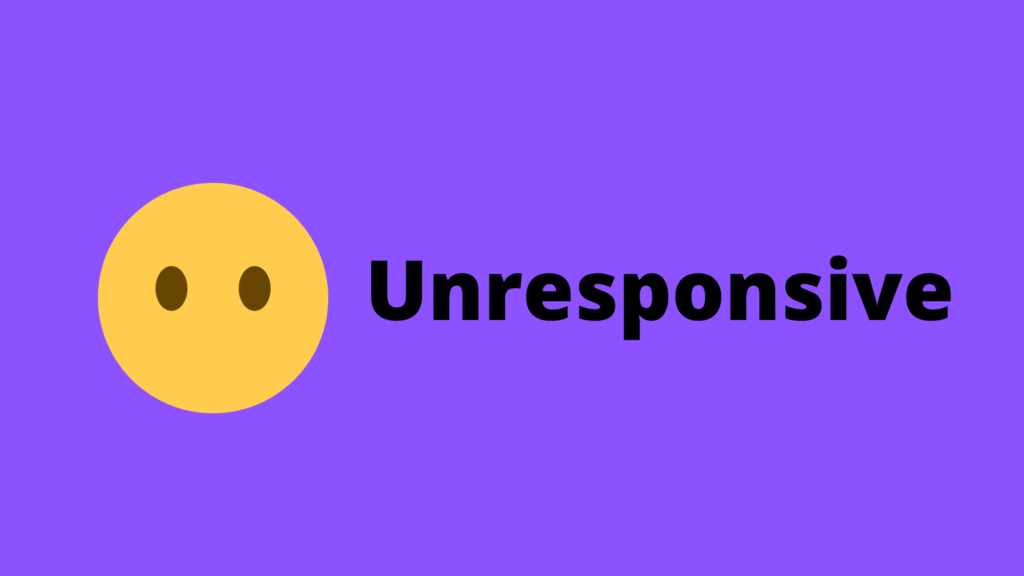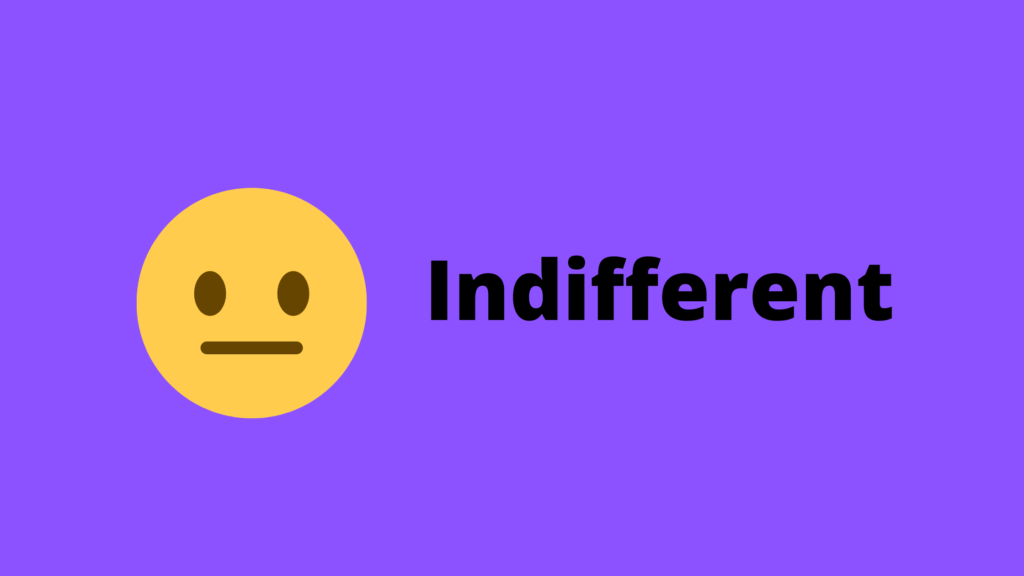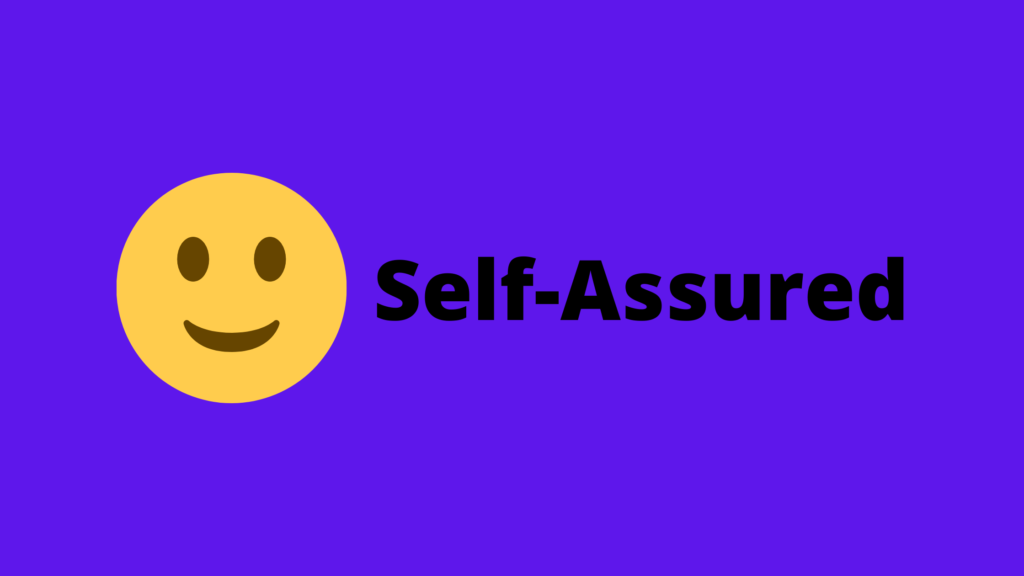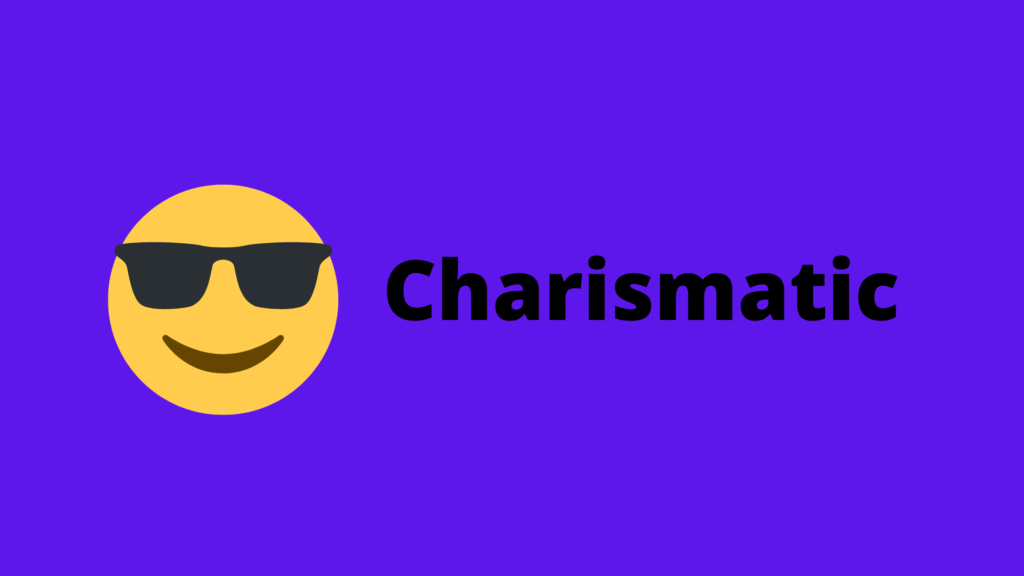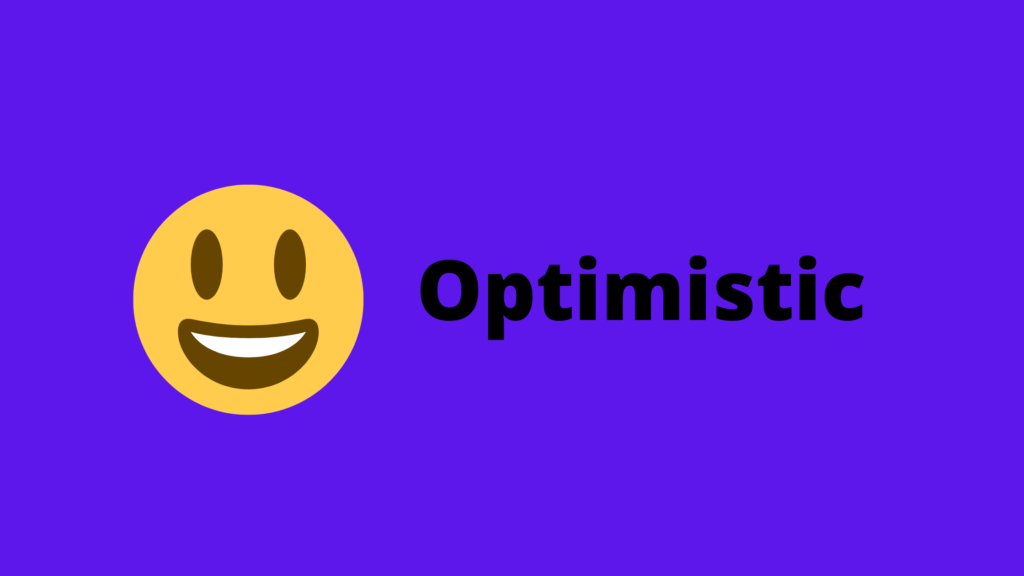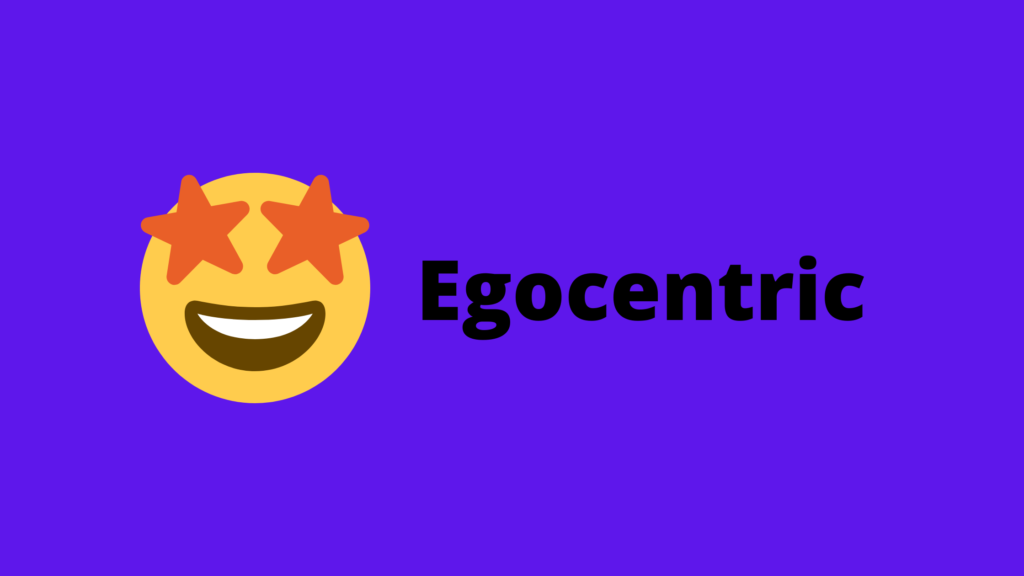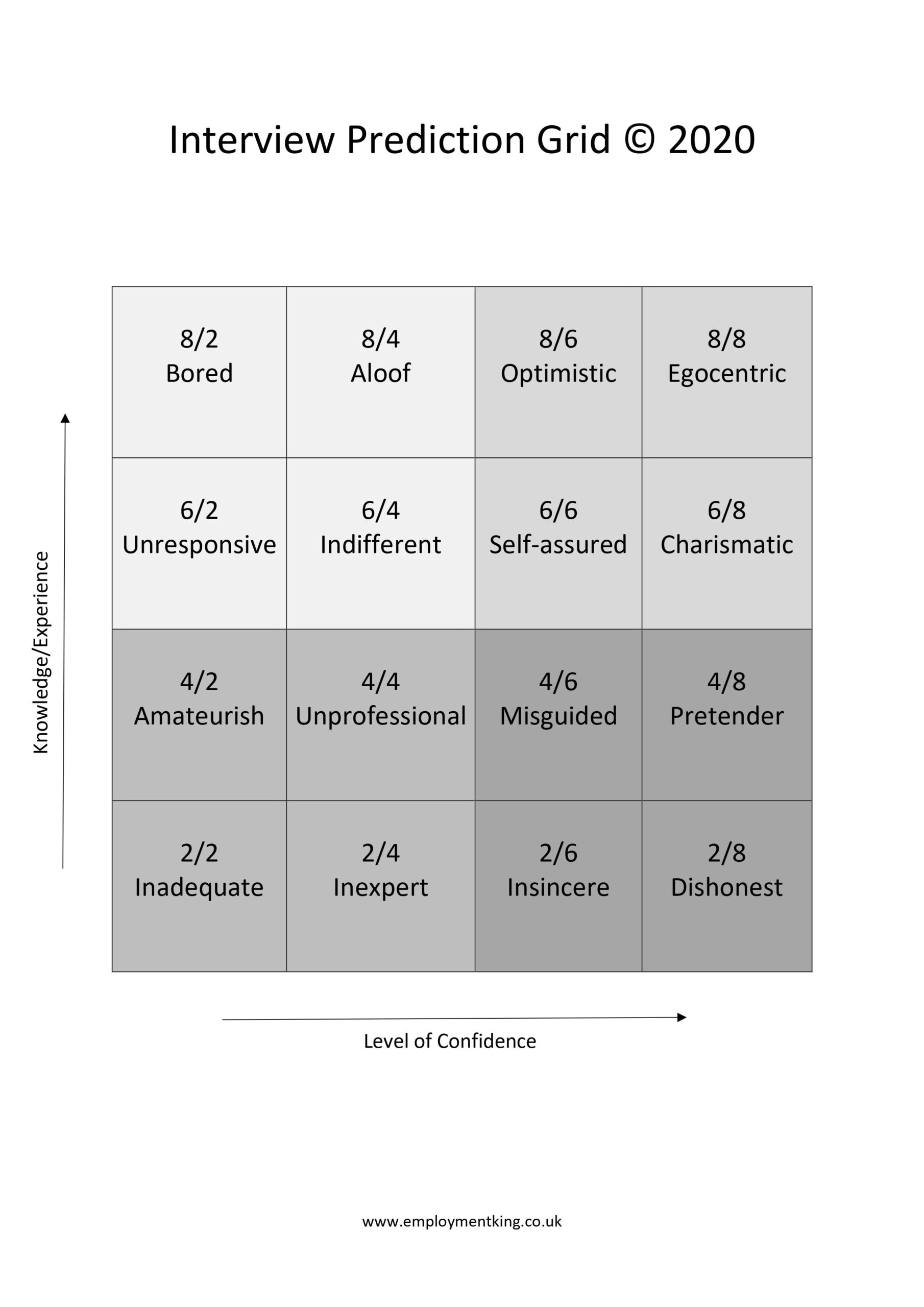A large number of organisations are choosing job applicants not just based on their experience and knowledge, but also on their personal values.
More importantly, employers use ‘values’ interviews to review if the candidate’s values, their behaviors, and their likelihood to fit within the company culture.
The values interview is very similar to a strength-based job interview which asks questions on the interviewee’s preferences – how they best like to work?
Both, strength-based and values job interviews are often part of a longer recruitment process. Either used at the start or end of a 3-4 stage hiring process the idea behind the values interview is to help avoid recruiting an employee who may be, at worst, disruptive or simply not a good fit within the team.
How to prepare for a Values job interview
Value interview questions, in the main, are asking – do you embody the company values?
More specifically, the vales job interview questions ask – how do you embed the company values into the day-to-day operations?
There are two approaches to asking value interview questions:
- Asking direct vaue questions
- Embedding value questions into a structured job interview process
An obvious first step to prepare for the values interview is research.
Any organisations adopting this job interview strategy will showcase the company values on their website.
Some businesses will have a dedicated values page (often an indication that values questions will be asked at some point direction the hiring process) or on the ‘about us’ page.
Once armed with the company values, the career professional must understand their own values. As each interview value question will be about how the applicant’s values match the employers.
Values are the drivers of motivation – you are motivated to action because of your values.
An example of value motivation is working overtime. One employee will work overtime because they value money (the additional pay for the extra hours) whereas a second employee may value customer satisfaction (the overtime results in a completion of a task on time that makes the customer happy).
Career professionals all value different things. There are no good or bad, right or wrong values, instead, it is (often) an unconscious trait that motivates that person.
Values can include:
- Quality
- Quantity
- Finance
- A job well done
- Being quicker/better/more knowledgebale than others
- Praise
- Fame
- Caring for others
- Independence
- Collaberation
- The end result/finishing a task
- Professionalisum
- Trust
- The bigger picture or specfic detail
- Processes and procedures
Values are often viewed in the behaviors of colleagues and the language they use within the workplace:
- Detailed value: “I like to cross the Ts and dot the Is”
- End result: “Lets fisish what we started”
- People: “Look how happy they are with (product)”
- Finance: “One more sale and I will have made my bonus”
- Praise: “I know my (manager) wil like that I did this”
Carer professionals can identify their own values by asking:
- What five things are important to me in my job?
- Which is more important A or B? (ask this for all 5 values)
- What motivates me in the workpalce?
- What demotiavtes me?
- What makes me the most fulfilled?
Which sectors use value interviews?
There has been an increase in the use of value job interviews, as more employers are taking steps to hire long-lasting employees.
The main driver for change in the recruitment processes of organisations is the data that is showing the increase in job-hopping from one employer to another.
By hiring a career professional whose values are in line with the organisations values (and their vision) the new employee is likely to be happy, and therefore stay, with the employer.
The following industries are adopting the values job interview:
- Healthcare
- Sales
- Education
- Animal care
- Science
- Finance
Job Interview Structure
As mentioned, there are two types of value job interviews – direct value questions, and embedded questions.
A direct value job interview is when the employer asks questions based on their company values.
Direct value interview questions can include:
- Can you name the company values?
- Which of the company values most resinates with you?
- What are your personal values and how do they relate to the company values?
Other direct questions ask about the implementation of the value into business-as-usual tasks:
An example of this is when an employer values quality. The interview question may be: “How would you ensure the quality of (product/service) while increasing the number of outcomes?”
Or, as a second example, an employer who values integrity, could ask: “Describe a situation where you have demonstrated integrity?”
The hiring manager in a direct values job interview will ask one question for each of their list of company values.

Indirect job interview questions
Embedded value interview questions are hard to detect.
Hiring managers ask standard job interview questions:
- “Tell me about how you would fit this role?”
- “How do you make a decision?”
- “How do you manage conflicting deadlines?”
- “Tell me about a time you have made a mistake?”
- “What would you do if a client gave an unrealisitic timeframe?”
On the face of it, the questions seem to be one of the most commonly asked job interview questions. The difference is, the employer is making note of the job applicant’s values, preferences and motivations.

The framing of job interview questions
Clues to what an employer is looking for, what will score high, is leaked by the structure of the interview question.
An employer who asks: “Have you ever gone the extra mile to satisfy a customer?” is quite likely to value customer satisfaction.
Whereas an employer asking: “how would you say no to an unrealistic customer demand without running the customer relationship?” may be more quality or process-focused.
Employers who ask: “Are you willing to work overtime?” would only ask the question if they require flexibility in their workforce.
Value job interviews often last for around 30 minutes and are conducted by a trained HR practitioner.
Remember value questions can be, and often are, embedded within a behavioral or situational structured job interview.







